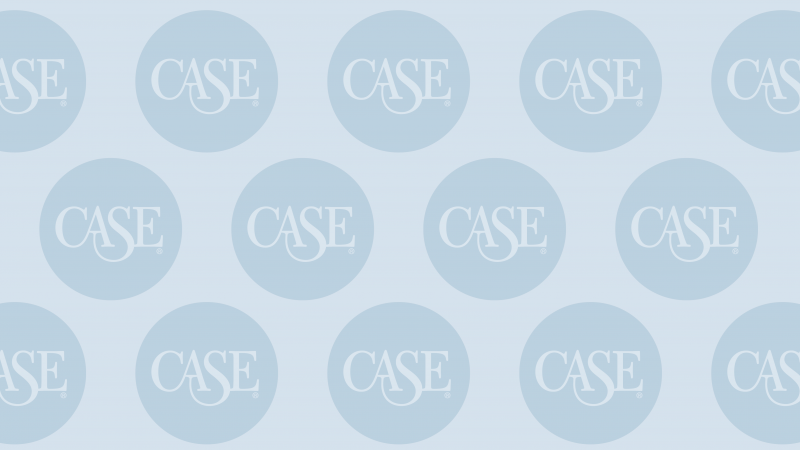Proudly Standing Up for Philanthropy
Recent events have cast a shadow over the practice of philanthropy in education. We’re here to state: the vast majority of philanthropic contributions are made by generous and committed donors who believe in the mission of the institutions in which they invest, and whose affiliations support and positively influence the reputation of those institutions. The nearly $47 billion contributed to schools, colleges, and universities in the U.S. in 2018 can mean the difference between surviving and thriving, and as such philanthropic support should be celebrated rather than castigated.
CASE is proud of the work our members around the world perform every day: raising contributions, engaging alumni, recruiting students and addressing issues. We expect and count on our members to operate in an ethical and forthright manner, as framed by our Statement of Ethics and Principles of Practice.
Philanthropy—a voluntary exchange in which the values and aspirations of donors are matched with the values and aspirations of those they benefit—has been fundamental to the development of mission-based institutions around the world. We should never forget that philanthropy enables schools, colleges, and universities to offer a bright future for students, to generate the ideas and innovations that lead to social and economic progress, and to enrich our lives with cultural opportunities and lengthen them by tackling the causes of disease.
Educational institutions ask for and welcome gifts that help them achieve their mission and strategic goals. Institutional policies and procedures guide their engagement with donors and their stewardship of gifts. While systems are not always perfect, we know that operating within the framework of established policies creates a high level of confidence in the thoughtfulness and ethical intent of the institutions we serve. While the great majority of interactions with potential donors result in a gift that has invaluable impact, there are times when a determination is made by the institution, or the donor, not to proceed.
CASE encourages our member institutions to regularly review their gift acceptance policies and procedures—including the vetting of gifts—to ensure that policies are aligned with the best interests of the institution. CASE advocates transparency in the assessment and revision of procedures to ensure that the institution has a consistent approach to all philanthropic relationships, and that staff understand and act within those parameters. To that end, we are providing a resource that will help institutions assess risk, model practices and policies that represent best practice, and offer training so those engaged in fundraising can work with sensitivity and integrity—ensuring alignment between donor intent and institutional mission and values.
Philanthropy and philanthropists make a huge difference in educational institutions worldwide. Let’s celebrate the many positive impacts generated by the commitment and generosity of donors, even as we learn how to better manage the complex relationships between donors and our institutions.
